Filter by
The language used throughout the course, in both instruction and assessments.
Choose the Climate Change Course That Aligns Best With Your Educational Goals
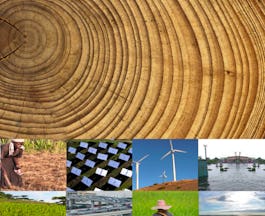 Status: Free
Status: FreeThe World Bank Group
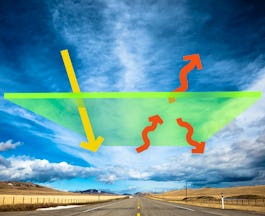 Status: Free
Status: FreeThe University of Chicago
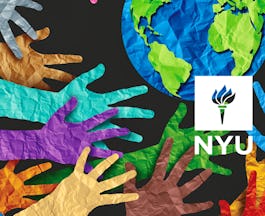 Status: Free
Status: FreeNew York University
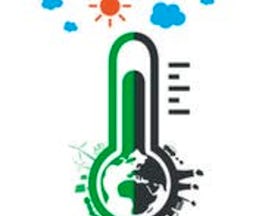 Status: Free
Status: FreeUniversity of London
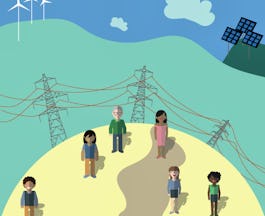 Status: Free
Status: FreeUniversity of Cape Town
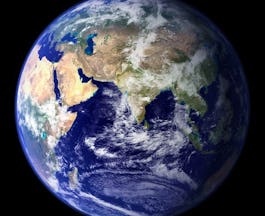
University of Colorado Boulder
Skills you'll gain: Planning, Forecasting

University of Pennsylvania
Skills you'll gain: Regulations and Compliance, Risk Management, Supply Chain and Logistics, Business Analysis, Innovation, Leadership and Management, Resilience, Supplier Relationship Management
 Status: Free
Status: FreeUniversity of London
Skills you'll gain: Microsoft Excel

University of Colorado Boulder
Skills you'll gain: Forecasting
 Status: Free
Status: FreeUniversity of Manchester
Skills you'll gain: Critical Thinking

University of Colorado Boulder
Skills you'll gain: Strategy and Operations, Leadership and Management, Planning, Systems Design, Project Management, Operations Management, Critical Thinking, Market Research, Operational Analysis, Strategy, Supply Chain and Logistics, Feature Engineering, General Statistics, Innovation, Operating Systems, Research and Design, Benefits, Change Management, Problem Solving, Product Strategy, Application Development, Finance, Financial Analysis, Financial Management, Marketing, Organizational Development, Technical Product Management
 Status: Free
Status: FreeESSEC Business School
Skills you'll gain: Leadership and Management, Change Management, Strategy, Strategy and Operations
Searches related to climate change
In summary, here are 10 of our most popular climate change courses
- From Climate Science to Action: The World Bank Group
- Global Warming I: The Science and Modeling of Climate Change: The University of Chicago
- Climate Change and Human Rights: New York University
- Global Energy and Climate Policy: University of London
- Climate Change Mitigation in Developing Countries: University of Cape Town
- Exploring Our Responses to Climate Change: University of Colorado Boulder
- ESG and Climate Change: University of Pennsylvania
- Doing Economics: Measuring Climate Change: University of London
- What is Climate Change?: University of Colorado Boulder
- Our Earth: Its Climate, History, and Processes: University of Manchester










